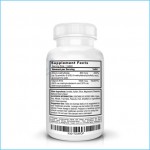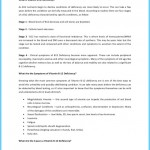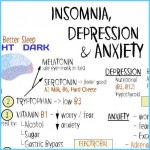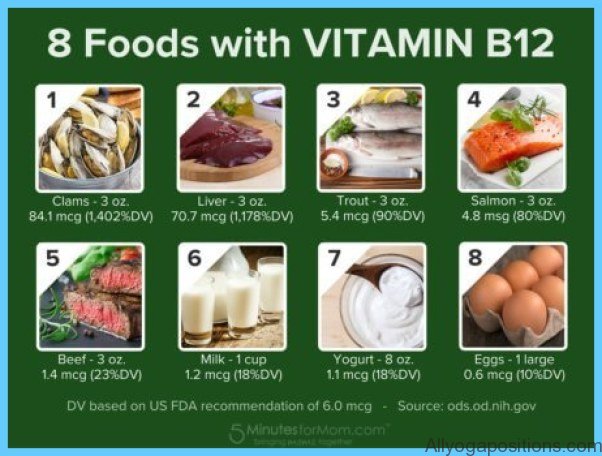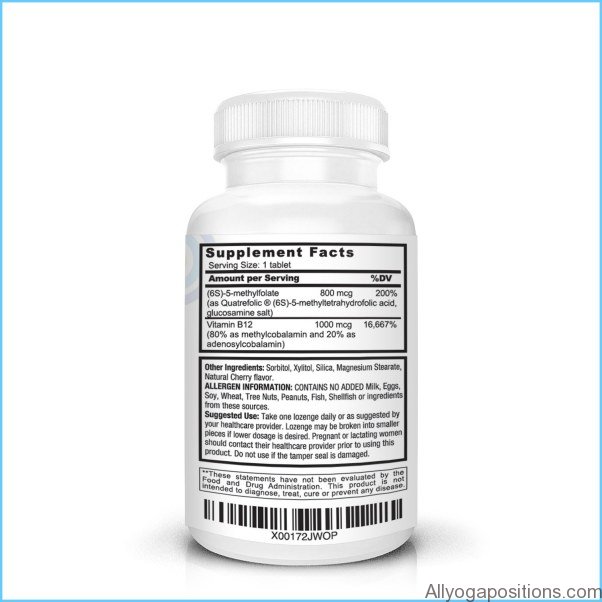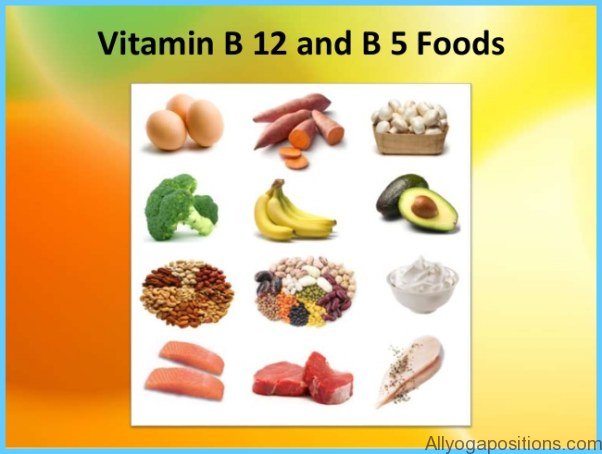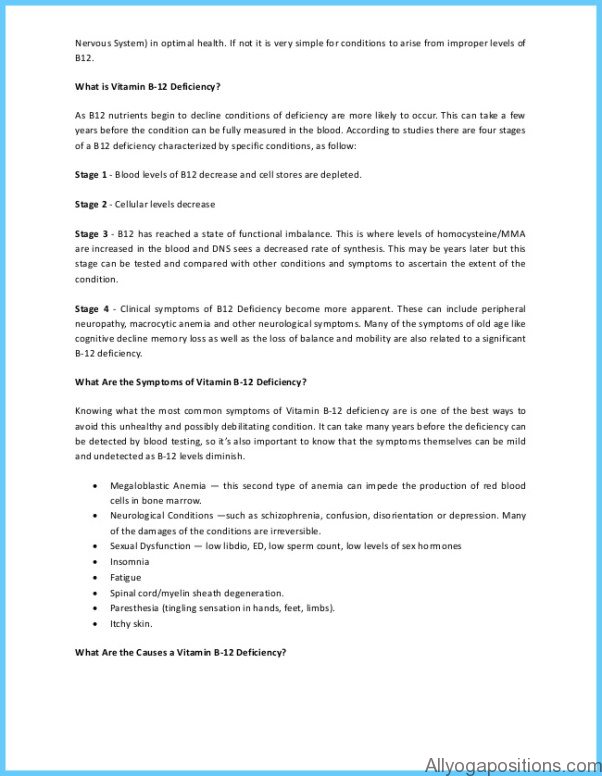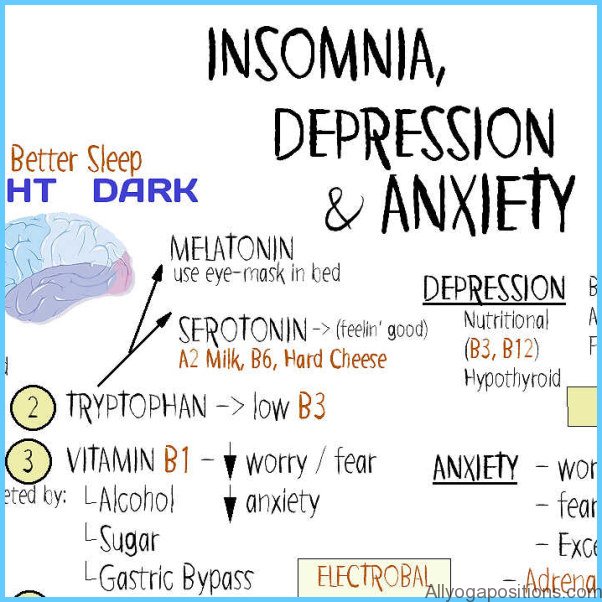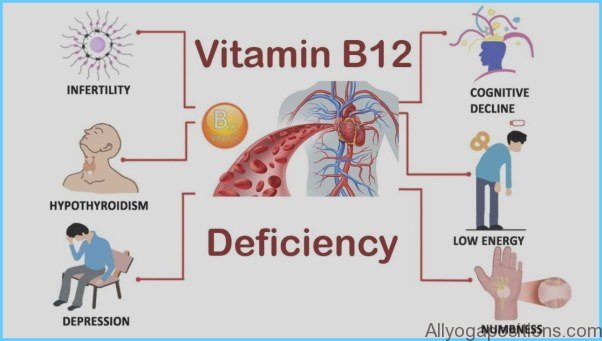Many studies have found that vitamin B12 promotes sleep in people who suffer from sleep disorders. In a randomized double-blind study, Japanese researchers determined that a daily dose of 1.5 to 3 milligrams of the vitamin restored normal sleep patterns in such patients.2 German researchers have also found that sleep quality, concentration and “feeling refreshed” were significantly correlated with the blood level of vitamin B12 in healthy men and women.3
Some researchers believe that B12 helps you sleep by working with melatonin, a natural hormone in the body. Melatonin is involved in maintaining the body’s internal clock, which regulates the secretion of various hormones. In so doing, melatonin helps control sleep and wakefulness. Secretion of this hormone is stimulated by darkness and suppressed by light. Vitamin B12 appears to directly influence the action of melatonin and the vitamin may prevent disturbances in melatonin release.
For the daily recommended allowance for vitamin B12 for healthy women, see the RDA table on page 9 in chapter 1. Vitamin B12 is found exclusively in animal foods—meat, poultry, eggs, fish and dairy products are all good sources. Fortified soy and rice beverages also contain vitamin B12. If you want to know exactly how much B12 you’re consuming each day, you’ll find a list of foods and their B12 content on page 9 in chapter 1.
If you fall into one of the following categories, I recommend you supplement your diet with vitamin B12:
• If you’re over 50 years of age. Up to one-third of older adults don’t produce enough stomach acid to properly absorb vitamin B12 from their diet. For this reason, it’s recommended that you get a daily supplement, or consume foods fortified with the vitamin.
• If you’re taking antacid medication for reflux or a stomach ulcer. Any medicine that blocks your body’s ability to produce stomach acid will impair your ability to absorb B12 from food (this does not include foods fortified with B12).
• If you’re a strict vegetarian who eats no animal foods and you don’t drink at least two servings of a fortified soy or rice beverage each day. If this is the case, you’re missing out on vitamin B12!
You can get additional B12 from a multivitamin and mineral, a B complex formula or single supplements of the vitamin (these come in 500- or 1000-microgram doses). For sleep disorders due to a deficiency of vitamin B12 (have your doctor measure your B12 stores), a dose of 500 to 1000 micrograms three times daily can be used. If you take vitamin C pills, don’t take them with your vitamin B12 supplement—large amounts of vitamin C can destroy B12.
Vitamin B12 is considered safe and nontoxic, even in large amounts. However, there have been some reports of B12 supplements causing diarrhea, itching, swelling, hives and, rarely, anaphylactic reactions. If you are taking high doses of vitamin B12, or any supplement, be sure to inform your healthcare practitioner.





